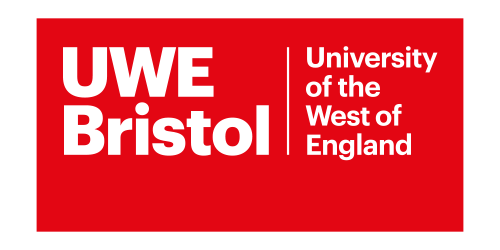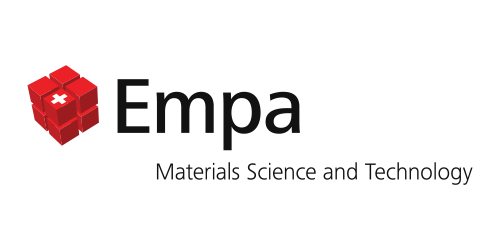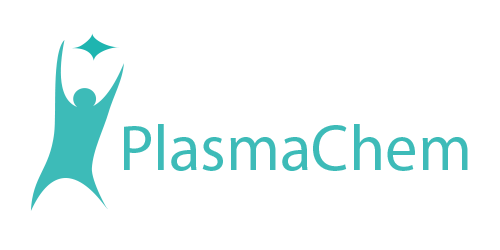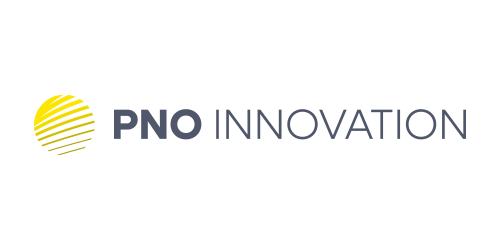The consortium of COGiTOR is composed of 5 partners from 4 European countries.

FONDAZIONE ISTITUTO ITALIANO DI TECNOLOGIA
Fondazione Istituto Italiano di Tecnologia (IIT – Italian Institute of Technology,) is a scientific research center established by law in 2003 by Italian Ministry of Education, University and Research and Ministry of Economy and Finance, in order to promote excellence in both basic and applied research and to facilitate the economic development at national level. IIT scientific activities started in 2006, they are multidisciplinary and with a very strong approach to technology transfer.

UNIVERSITY OF THE WEST OF ENGLAND, BRISTOL
Group of Unconventional Computing (UCG) at UWE BRISTOL. UCG is a large academic unit which brings together the disciplines of Information Systems, Computing, Electrical and Electronic Engineering, Mechanical and Manufacturing Engineering and Mathematics. UCG is amongst the most innovative and ground-breaking research centres in UWE BRISTOL, Bristol.

EIDGENOSSISCHE MATERIALPRUFUNGS- UND FORSCHUNGSANSTALT (EMPA)
Empa is the Swiss Federal Laboratories for Materials Science and Technology, a part of the Swiss Federation’s ETH Council with ties to ETH in Zürich, EPFL in Lausannne, and the Paul Scherrer Institute (PSI) in Villigen. Empa is headed in Dübendorf and has two stations in Thun and St. Gallen, with an overall 1,000 staff and students.

PLASMACHEM PRODUKTIONS- UND HANDEL GMBH
PLASMACHEM GmbH is a German SME dedicated to the development, production and sales of nanomaterials like nano metals, nano oxides, quantum dots, nano diamonds and other carbon based materials etc.

PNO INNOVATION
PNO INNOVATION is the Italian branch of PNO Innovation B.V., the Europe’s largest independent public funding and innovation consultancy firm with 30 years of hands-on expertise and more than 500 funding programmes in most EU countries, annually raising approximately 1 Billion Euro for its clients. Created in 1985, PNO Group is a high-growth knowledge-intensive company, supporting over 2,000 clients throughout Europe, annually developing over 250 European consortia.

EPFL
EPFL, based in Lausanne, Switzerland, is one of the world’s most dynamic and cosmopolitan engineering universities. It encompasses five schools, two colleges, 18 research institutes, 428 research labs and chairs, and 78 research groups, bringing together students, faculty and staff from over 120 different countries. Every day, nearly 18,000 people come to our main campus in Lausanne, on the shores of Lake Geneva, to work, study or conduct research.






